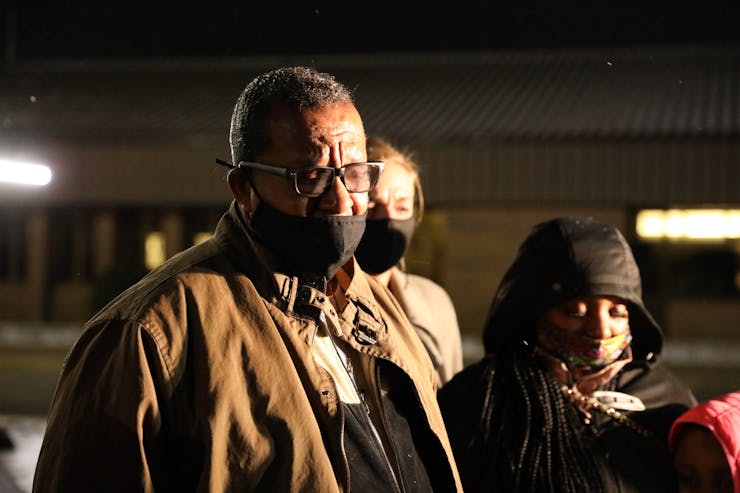Cannabis should open doors—not shut them.
The wave of cannabis legalization is a net good: Growers are coming out of the shadows, the agricultural economy is getting a boost, and millions of people have access to the plant for a variety of purposes. But ending prohibition isn’t enough—even after legalization, the shockwaves of the drug war still run through the communities most impacted by it. For many, including those who have been in the cannabis business for decades, prohibition still runs strong, even in areas that have legalized or decriminalized cannabis.
Hawthorne Gardening Company, a wholly-owned subsidiary of The Scotts Miracle-Gro Company, recognizes the disparities in the cannabis industry. Cannabis growers of all sizes have been loyal users of Hawthorne brands and while some of them are thriving in this new legal environment, others are being left behind or even serving time.
In addition to its public policy and advocacy efforts towards legalization, Hawthorne has committed $2.5 million over the next two years through The Hawthorne Social Justice Fund, administered by The Scotts Miracle-Gro Foundation, to fund organizations with cannabis social justice missions.
That money is going directly to non-profits working to close the cannabis industry’s equity gaps. This includes cannabis clemency and reentry programs, working to free those imprisoned on nonviolent cannabis-related charges and make sure they’re able to thrive. The fund also supports organizations that bring more economic inclusion in the cannabis industry, like job creation, entrepreneurship, and investment opportunities in minority communities.
The goal: Shape a cannabis industry that is just for everyone.
A tale of two cannabis industries
While some are seeing the benefits of a booming cannabis industry, many, especially people of color, are still suffering the effects of prohibition.
The disparities are sobering: People of color are nearly four times as likely as white people to be charged with marijuana possession, despite similar marijuana consumption rates between both groups, according to the American Civil Liberties Union. Two 2020 studies analyzing more than 100 million traffic stops found that, while vehicle searches fell following cannabis legalization, people of color still experienced a disproportionately higher risk of a traffic stop resulting in a vehicle search.
Around 80% of cannabis business owners are white. Meanwhile, around the same percentage of people in federal prison on drug charges are Black or Latino, according to the Drug Policy Alliance.
Doing the work
The Hawthorne Social Justice Fund grantees do powerful work to address the harms caused by a disproportionate number of cannabis-related arrests and incarcerations involving persons of color—and to give underrepresented communities some overdue support in the cannabis economy.

The NuLeaf Project is working to build intergenerational wealth via the legal cannabis industry for the communities disproportionately harmed by cannabis criminalization—including Black and Brown communities. Hawthorne Gardening Company funds and participates in their Nu School Accelerator Program, which gets Black-and Brown-owned cannabis businesses off the ground with expertise on startup financing and business operation.
Minorities for Medical Marijuana (M4MM) provides advocacy, outreach, research, and training as it relates to business, social reform, public policy, and health & wellness in the cannabis industry. Its Project Clean Slate program offers expungement clinics and wraparound services nationwide for those affected by past marijuana possession charges, while Project Safe Access NV assists members of the Latino community in accessing medical marijuana.
Marijuana Policy Project Foundation (MPP) is a racial justice and social equity project seeking to elevate cannabis reform as a civil rights issue at the national level and increase diverse representation within the legal cannabis industry.
Last Prisoner Project (LPP) is dedicated to cannabis criminal justice reform, working to release people with low-level cannabis convictions from prison in states where it is now legal and provide pathways to employment.

United Returning Citizens (URC) helps people with cannabis convictions in the Youngstown, Ohio area find employment or start businesses in hemp, indoor cultivation, and legal cannabis cultivation.
Learn more about The Hawthorne Social Justice Fund and the work these organizations are doing to create a just cannabis industry on Hawthorne’s website.






